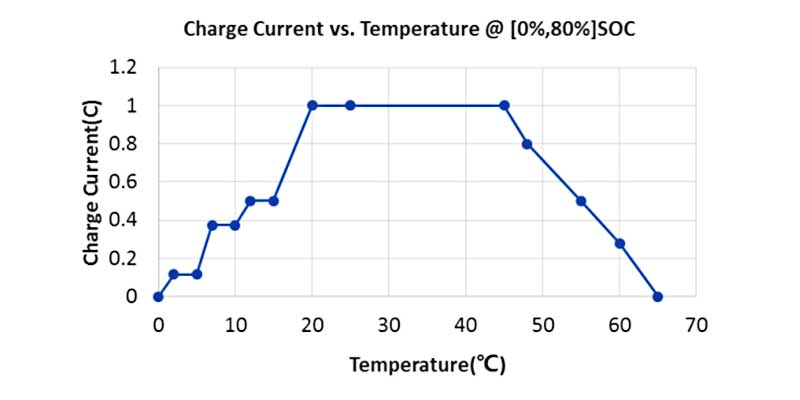Do all lithium batteries have a bms
Do All Lithium Batteries Need a Battery Management System (BMS)?
Introduction
Lithium batteries have become the backbone of today’s portable electronics, electric vehicles, and large-scale energy storage systems. While their energy density and efficiency are unmatched, they also require careful monitoring to ensure safety and performance. This is where the Battery Management System (BMS) comes into play. But do all lithium batteries really need a BMS? Let’s explore how a BMS works, when it is necessary, and the risks of operating without one.

What is a BMS?
A Battery Management System (BMS) is an electronic control unit that safeguards lithium batteries by monitoring and regulating:
- Voltage – prevents overcharging and over-discharging
- Current – avoids overcurrent that can damage cells
- Temperature – stops overheating that could lead to thermal runaway
- Cell Balancing – ensures uniform charging across all cells in a pack
In short, a BMS acts as the “guardian” of lithium-ion and LiFePO4 battery packs, extending their lifespan and enhancing reliability.
Lithium Batteries: With and Without BMS
Not all lithium batteries are equipped with a BMS. The presence of a BMS often depends on the application, size, and cost considerations:
- Consumer Electronics – Smartphones, laptops, and cameras usually rely on simpler protection circuits rather than a full BMS. These circuits provide basic safeguards but lack advanced cell balancing.
- Small-Scale Applications – For budget or space-constrained designs, manufacturers may omit a BMS.
- Large Battery Packs – Systems such as EV batteries, solar storage, and UPS solutions almost always include a BMS due to the higher risks involved.
Risks of Operating Without a BMS
Running a lithium battery without a BMS introduces serious risks:
- Overcharging & Deep Discharging – Can permanently damage cells or cause failure.
- Thermal Runaway – Overheating may lead to fire or explosion.
- Cell Imbalance – Without balancing, capacity drops and lifespan shortens.
This makes a BMS essential for high-capacity lithium-ion and LiFePO4 battery packs where safety and longevity are critical.
When is a BMS Essential?
A BMS is strongly recommended for:
- Electric Vehicles (EVs) – Large packs with high safety requirements
- Energy Storage Systems (ESS/UPS/Solar) – Long-term reliability and stability
- Medical Devices & Safety-Critical Applications – Where failure is not an option
- High-Performance Packs – Applications that demand long lifespan and stable operation
Even though LiFePO4 batteries are considered safer than other chemistries, they still benefit greatly from a BMS to prevent over-discharge and extend service life.
Himax Electronics: Advanced BMS Solutions
At Himax Electronics, we design and manufacture custom BMS solutions tailored for different lithium battery chemistries and applications. Our systems provide:
- Advanced Monitoring – Real-time voltage, current, and temperature tracking
- Smart Balancing – Optimized cell performance and longer lifespan
- Custom Configurations – Tailored designs for Li-ion and LiFePO4 battery packs
- Technical Expertise – Professional consultation and support throughout the battery lifecycle
Whether for electric vehicles, solar storage, or portable devices, Himax BMS solutions ensure safety, efficiency, and long-term reliability.




